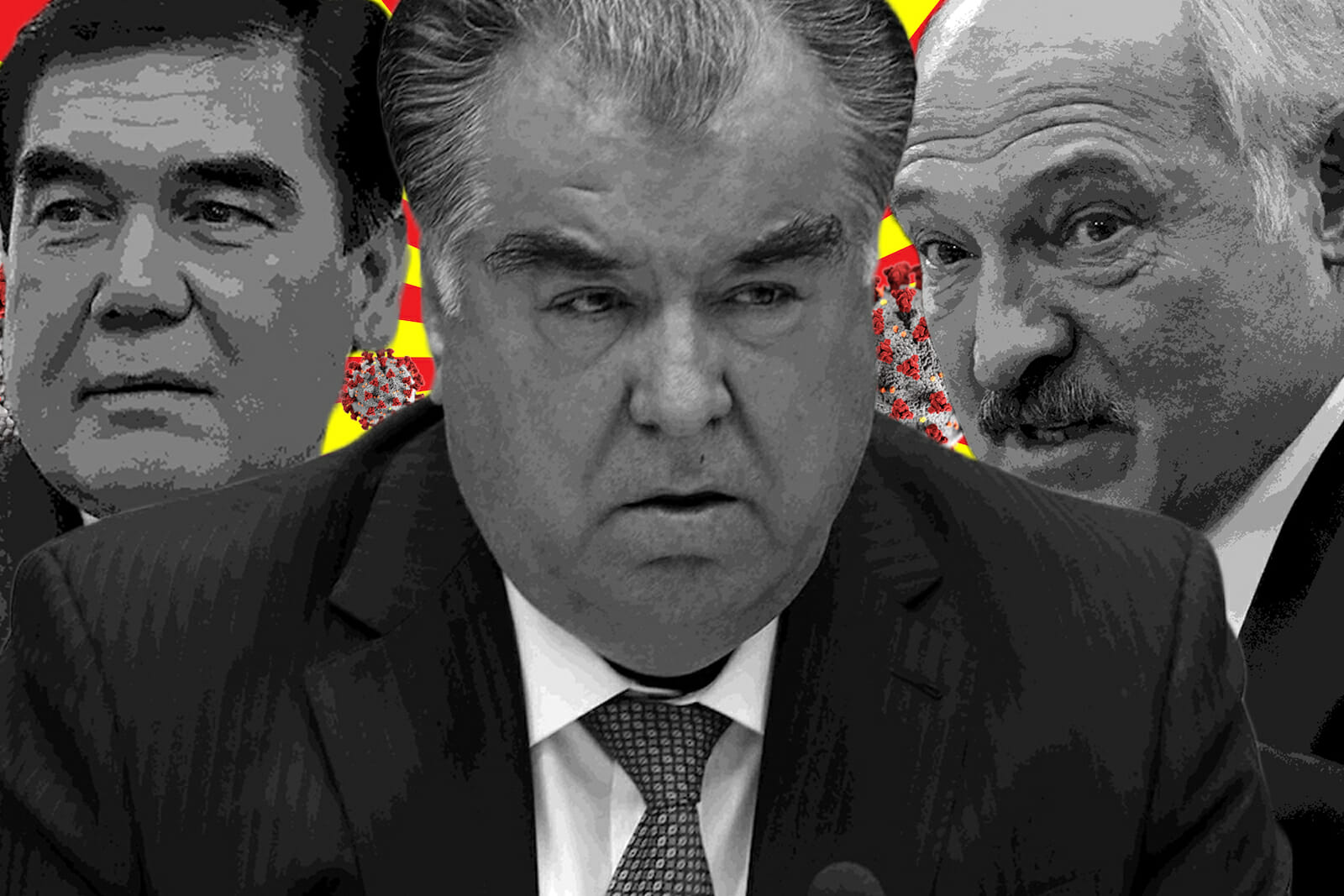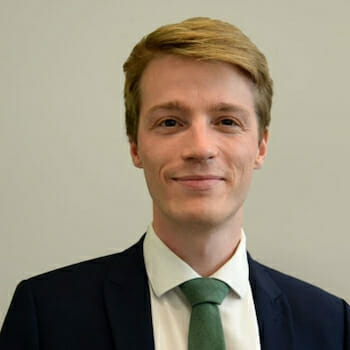
States of Denial: Strongmen and COVID
While some argue Antarctica could be the safest place to hide from COVID-19, one could have ostensibly looked no further than to several authoritarian post-Soviet states. To date, Turkmenistan has reported zero infections. Neither have Tajikistan or Belarus declared the pandemic a severe threat or drastically restricted public life.
At this stage, no government can claim to have found the ideal balance between restricting and maintaining economic and social activity. Despite China’s seemingly effective containment strategy, there is no clear assessment of whether authoritarian or democratic political systems have fared better overall. However, as extreme examples of denying the threat, Belarus, Tajikistan, and Turkmenistan reveal several structural issues and vulnerabilities of authoritarian or personalized regimes. Elements of such authoritarianism – or the admiration thereof – alongside a poor handling of the pandemic can be witnessed elsewhere, such as in Brazil, Russia, or even in the United States. The cases further show the danger of trying to sit out the pandemic and the popular discontent this may incur. Most notably in protest-ridden Belarus, such policies appear to be backfiring.
Two major factors incentivize strongmen to downplay the extent of threats like this pandemic: fear of economic downturn and of appearing weak. At the same time, authoritarian states often lack or fail to mobilize many of the resources available in freer societies in times of crisis.
Threat to the Economy
As extreme cases, Belarus, Tajikistan, and Turkmenistan have taken only limited and at times bizarre early action to mitigate the potential crisis. Turkmenistan encouraged frequent hand-washing without naming the explicit reason for it. Its president, Gurbanguly Berdimuhamedov, whose absurd politics were hilariously mocked by John Oliver, put forward a cure by burning medicinal herbs. Tajikistan’s increasingly authoritarian president, Emomali Rahmon, mingled with crowds as late as mid-April. Belarusian president, Alexander Lukashenko, suggested several potential cures, such as vodka, sauna, or driving a tractor. This echoes Brazil’s Jair Bolsonaro or President Donald Trump, who praised the curative effects of hydroxychloroquine while accusing the WHO of misinformation.
Once the pandemic reached their countries, ruling elites became afraid of an economic crisis and domestic instability. Populist leaders portraying their strongmen image, meanwhile, often rely on the promise of “jobs, jobs, jobs” and thus a booming economy to mobilize their bases. By denying the threat, states bet on a mild outbreak and tried to avoid public and economic life coming to a halt. Authoritarian countries’ economies are often structurally weak, corrupt, inefficient, and lacking diversification, all of which renders them vulnerable to external shocks. At the same time, these factors limit their access to international support mechanisms. Due to unreliable reporting or a lacking commitment for reform, these countries hardly qualify for loans from the International Monetary Fund or other institutions.
The pandemic has revealed many of the vulnerabilities of strongmen-led economies. Turkmenistan, for example, depends on virtually one export, gas, but prices plummeted. The country has seen an exacerbation of its economic crisis that has included food shortages and drastic cuts in subsidies. Tajikistan, as Central Asia’s poorest country, will see a drop in remittances from labor migrants as well as in some of its few commodity exports. The Belarusian political system under President Alexander Lukashenko has entailed tight control over a large part of the economy, which has harmed productivity. Striking workers recently booed him off stage as he, instead of addressing grievances over falsified elections and disregard for the pandemic, stressed how strikes can ruin an already precarious economy.
Threat to Self-image
This fear of a decline of their already fragile economies and of popular dissatisfaction is coupled with limitations through these regimes’ structure and self-image. Strongmen in such political systems have little desire to bow to an invisible enemy that makes them look powerless. Instead, they suggested easy solutions, such as the “cures” mentioned. Members of the political and economic elites, who owe their positions to the leadership, are inclined to play along. Alternative voices or opposition to challenge the governments’ policies are muted.
Furthermore, personalized political systems are deeply uncomfortable with the fact that combatting a pandemic requires collective action, among both society and the international community. Authoritarian regimes are unable to rely on individual responsibility in the first place. Often, subnational entities are left with implementing restrictions. However, in Belarus as well as in Russia or the United States, state-level responses to the pandemic have been hampered by or struggled to substitute for inadequate policies at the national level.
Instead, these leader-focused regimes undertake efforts to portray strength and control. The presidents of Belarus and Brazil brag about having survived a COVID infection “on their feet.” Belarus paraded its military on May 9 to celebrate victory in the Second World War and publishes suspiciously low death rates (far below one percent of confirmed infections). Turkmenistan conducted mass cycling events to celebrate “World Health Day,” but only granted the World Health Organization access to the country in July for the first time.
Citizens Left to Their Own Devices
Citizens, meanwhile, have lacked faith in policies and official numbers. In lieu of reliable information from government sources, Tajiks allegedly stocked up on garlic, which was said to have some preventive effect on the virus. Even isolated Turkmenistan witnessed rare protests as a sign of general dissatisfaction. In Belarus, without any measures in place to that end, public life in cities had become less busy and people showed solidarity with healthcare workers. As such, Belarus illustrates people taking unusual individual responsibility in this time of crisis – a responsibility a government response could have relied on. As a consequence, popular dissatisfaction in Belarus resulted in a hotly contested presidential election, unprecedented protests, and a brutal response by an embattled regime.
The courses Belarus, Tajikistan, and Turkmenistan have taken suggest that laissez-faire was never an adequate COVID-19 policy. While denying and downplaying the crisis appeared attractive in the short term, a failure to face reality and an insistence on infallible leaders has resulted in even graver outbreaks and popular protests. Other strongmen or populist leaders such as Bolsonaro, Trump, or Putin have experienced similar consequences. In the long run, their state of denial has appeared to pose a more severe threat to the population and the economy and, ironically, also to governments in power.

